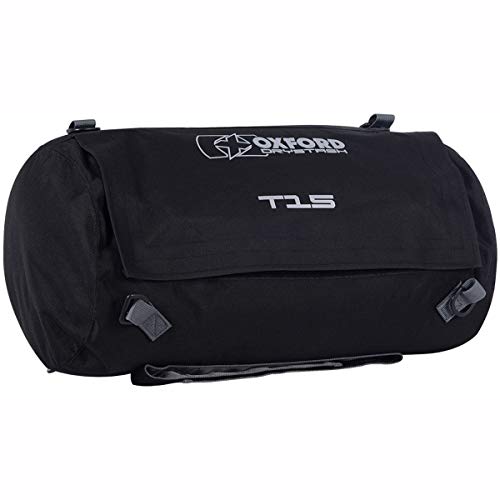, "Does anyone know of any part failure attributed to the use of the wrong oil???" Now I'm not talking about someone running peanut oil or gear oil. I'm talking about let's say garden variety el cheapo 30 weight in an FJR. Anything "CLOSE" but not rediculous.
There are some cases out there that not a lot of people recognize that do make the point for good oils and what oil works and what doesn't.
More Oldsmobile diesels bit the dust from the owners using 10W40 oil than all the other "problems" associated with that engine put together. 10W40 oil was SPECIFICALLY NOT a recommended oil from GM for that engine (no diesel oils of that era were multi-vis at all) but customers used it extensively. It would stick the rings and the engine would loose compression and not want to start.....all downhill from there. All were "oil related" failures. I have looked at MANY Olds diesel engines with this oil related failure mode. Just didn't happen if the correct oil was used. But you had to go to a truck stop in those days to get the correct diesel oil so most people poured the 10W40 in that they bought at Kmarts.
Personally, I had an oil related failure like this on my XS1100 Yamaha. Started to use a lot of oil at about 75K so I popped the jugs off. Rings were stuck solid in the ring lands. Yep....I had secumbed to the lure of the "best" 10W40 and poured a steady stream of it into the XS1100 despite the fact that it was not a recommended oil in the owners manual.
So...there were a lot of "oil related" failures of various degrees from the SE/SF 10W40 oils that were not recognized by the general public but were VERY obvious to the OEMs. The backlash lead to much improved standards for the API performance ratings an much more stringent testing. In specific, improved high temp testing showed the weakness of the SE/SF viscosity improver packages that eventually led to pure synthetic VI packages in todays oils that do not cause those problems.



















































